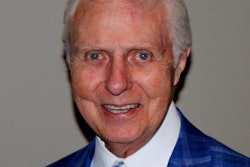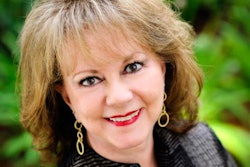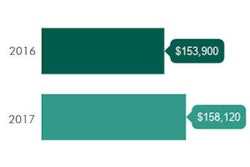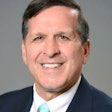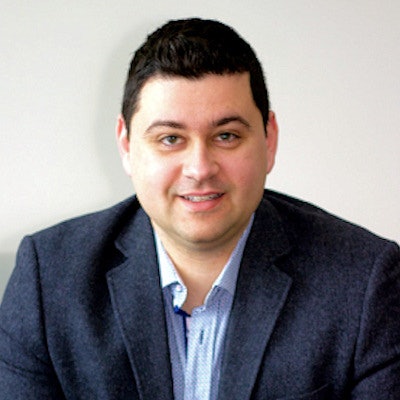
DrBicuspid.com is pleased to bring you an excerpt from Alex Zlatin's new book Responsible Dental Ownership. This is taken from the chapter "Before you know who you are, you have to know who you are not" and describes how finding the right fit is the key to practice success.
A few years ago, I met a client who was considered to be successful. By the time he reached middle age, he was running three full-time practices. When we met, we sat in his office discussing a variety of matters, but it was a comment toward the end of our conversation that piqued my interest. "As an owner," he said, "I don't even know what report I should be reading."
Having a business background and working in a dental software company for over five years allowed me to have many business conversations with dentists and office managers. In those conversations, statements like that are made from time to time. However, hearing this from a successful dentist with three practices really struck a chord with me. It gave me a solid grasp of the fact that regardless of how many practices dentists might have, regardless of how successful they might be considered, they still lack an understanding of business functions in which they were never trained.
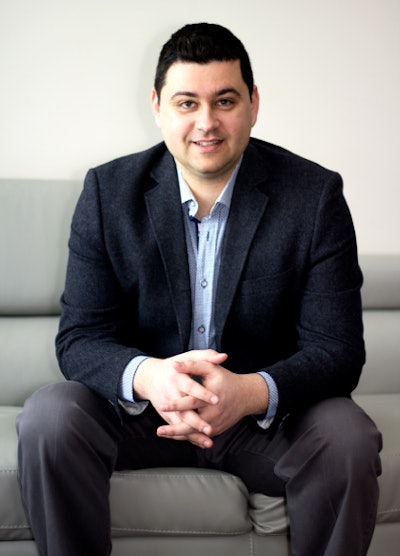 Alex Zlatin, author of Responsible Dental Ownership.
Alex Zlatin, author of Responsible Dental Ownership.When I was still in high school, I became close friends with a family in my neighborhood. Two of the sons owned a heating and cooling company, and they did the installations themselves. Every once in a while, they would ask me to help them lift equipment onto the roofs, hand them tools, and do generally helpful tasks. They paid me something, which was fine. I helped them. They were friends. It was nice.
One year, they asked me to help them throughout the summer because it was their busiest season. I didn't have much to do then, and I wanted to earn some cash, so I worked with them. It was my first real-world job, and I was extremely excited.
It was quickly clear to all of us that I didn't share their aptitude for craftsmanship. They tried to teach me so that they could rely on me more, but it was clear that it was not for me. I wasn't passionate about it. I wasn't excited to do more, and their teaching didn't sink in. It just wasn't working.
One day, they got a call from a Russian-speaking client. Not knowing the language was a deal breaker for this client. I did speak Russian so they handed me the phone and asked me to explain their system, which I was easily able to do. That was a eureka moment.
It became clear to the three of us that the biggest contribution I could make to their business was by doing something that had nothing to do with installations or craftsmanship.
The next day, I sold two systems to new clients, something the company owners found challenging because their skills weren't in sales or administration. That was where they were lacking.
I transitioned to the office where I made sales calls and took customer support calls in different languages. I was extremely happy with that. It was rewarding to do something well and see the fruits of my efforts. The owners were happy because they were able to focus on their specialty, knowing they had someone to do what they couldn't do. That particular summer, I helped them triple their business, which meant they could hire two full-time assistants to help install the systems I had sold.
The reason that we were able to achieve that level of success was by creating synergy between the people who did the technical work and the person handling the office, sales closure, customer service, and the paperwork. I enjoyed it. It came naturally to me despite my young age and relative inexperience. It allowed them to deliver top-notch work based on their specialty. It was a win-win for everyone. There was trust and understanding. Everyone focused on what they did best.
The moral of the story is that success can be achieved if the staff focuses on what they are good at. I was good at administration and sales, so I was able to realize my potential there and make a better contribution.
Similarly, a dentist dealing with administration is not going to reach his potential as a dentist unless he gets the right people to run the practice. The story of my friends' company is an example of the synergy that must exist in a dental practice. People should be put in roles they're passionate about. These are the roles that naturally fit their skillset and come with responsibilities on which they are happy to focus.
The solution for my client was to show him how he could benefit from having a trusted office manager who could do the administrative work for him. In this way, he could focus on what he did best, and the office manager could review numbers with him on a monthly basis.
The key for the dental owner is finding an office manager who can be trusted. Without trust, you have nothing, and building trust requires an ongoing effort on both sides. Once established, the office manager can understand what information the owner needs to feel comfortable that the business is doing well.
Alex Zlatin is the CEO of Maxim Software Systems. His book, Responsible Dental Ownership, is available at amazon.com.
The comments and observations expressed herein do not necessarily reflect the opinions of DrBicuspid.com, nor should they be construed as an endorsement or admonishment of any particular idea, vendor, or organization.




